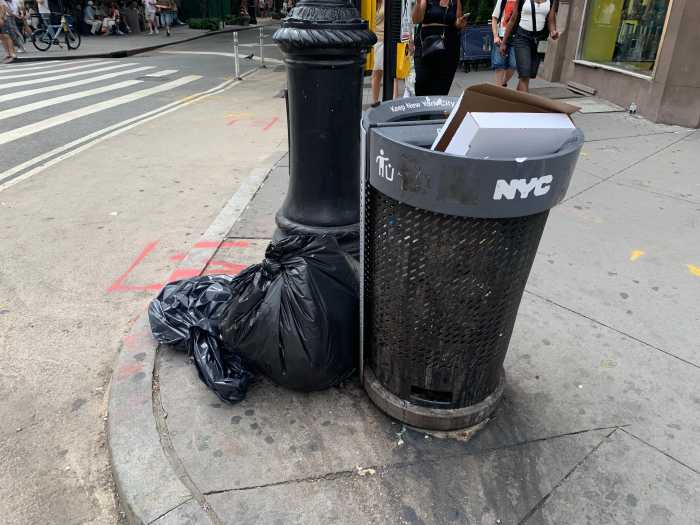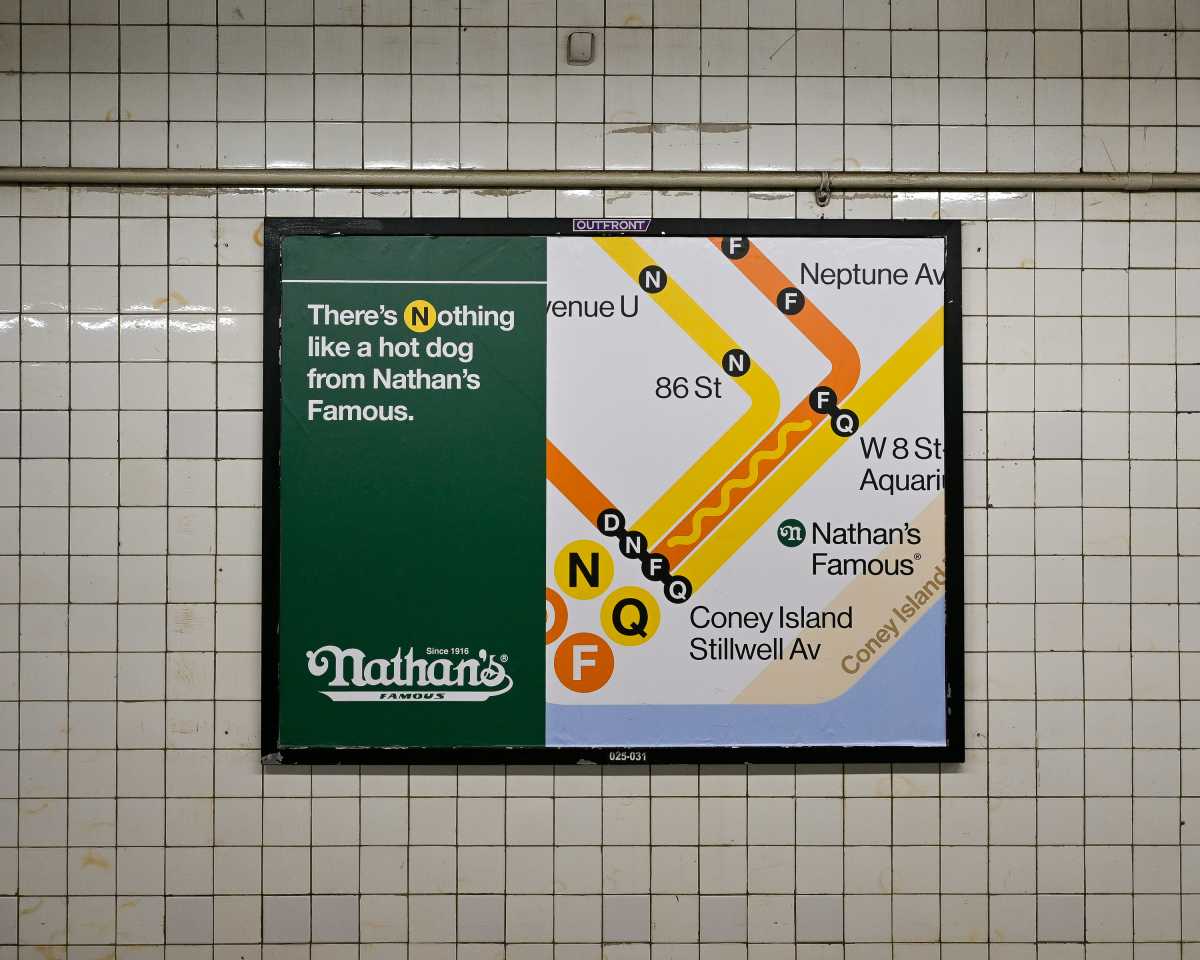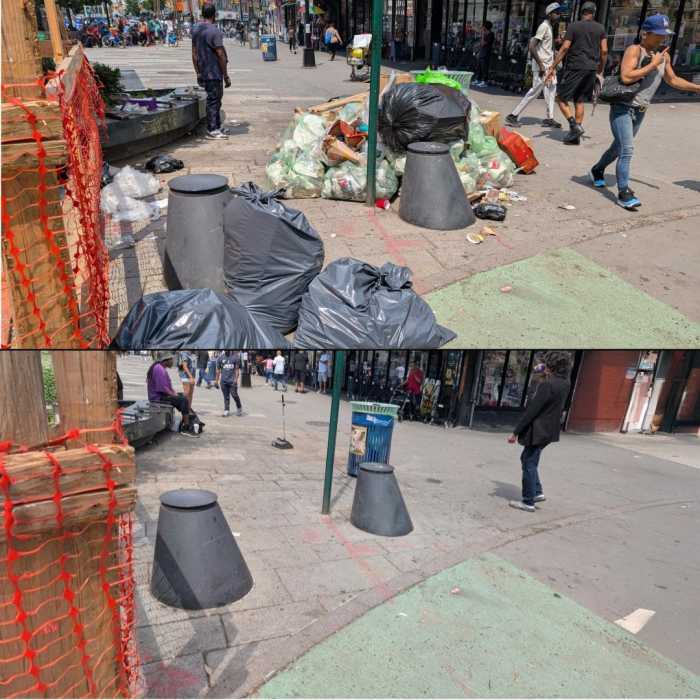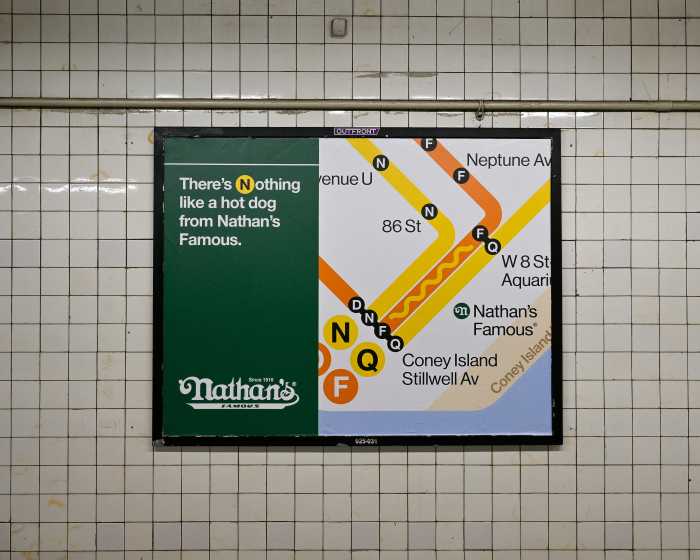
Airbnb is soaring in New York City. The global online-booking service says it helped 416,000 visitors find lodging in local homes in the last year — creating $632 million in economic activity.
The company makes it easy for New Yorkers to earn extra money sharing their digs with tourists. Airbnb also makes a pricey city more accessible to tourists.
At a time when rents are rising and wages are dropping here, these aren’t bad ideas. There’s just one problem. As a freewheeling outsider, Airbnb is elbowing its way into a tightly regulated local market. And many of the regs that hamper its business model are necessary here.
The rules of the road must be enforced — such as:
A 2010 law that prohibits city residents from renting out rooms in their apartments for fewer than 30 days unless they remain on the premises with their visitors.
A provision in most New York City apartment leases — as well as in most condo and co-op bylaws — that bans short-term rentals by permanent residents.
A law that requires anyone renting out apartment space on a daily basis to pay the city’s hotel occupancy tax.
Why such stringency? These laws and regulations make sure everyone gets a fair deal. New York is one of the most densely packed cities on earth, where too many of us pay ghastly sums to live in crazy-small spaces with very thin walls. We share way too much of our lives with our neighbors already. Not everyone wants to suddenly find out they’re living among strangers in an impromptu hotel.
Meanwhile, housing advocates worry that companies like Airbnb are shrinking the supply of available units.
State Attorney General Eric Schneiderman estimated last week that roughly 60 percent of Airbnb rentals in the city appeared illegal under the 2010 law.
So who may legally rent out rooms?
Apartment owners or renters who are not restricted by leases or building boards and remain on the scene.
Owners of one- and two-family homes. And everyone must remember to pay the hotel tax.
Airbnb is a strong idea, but users must play by the rules.































